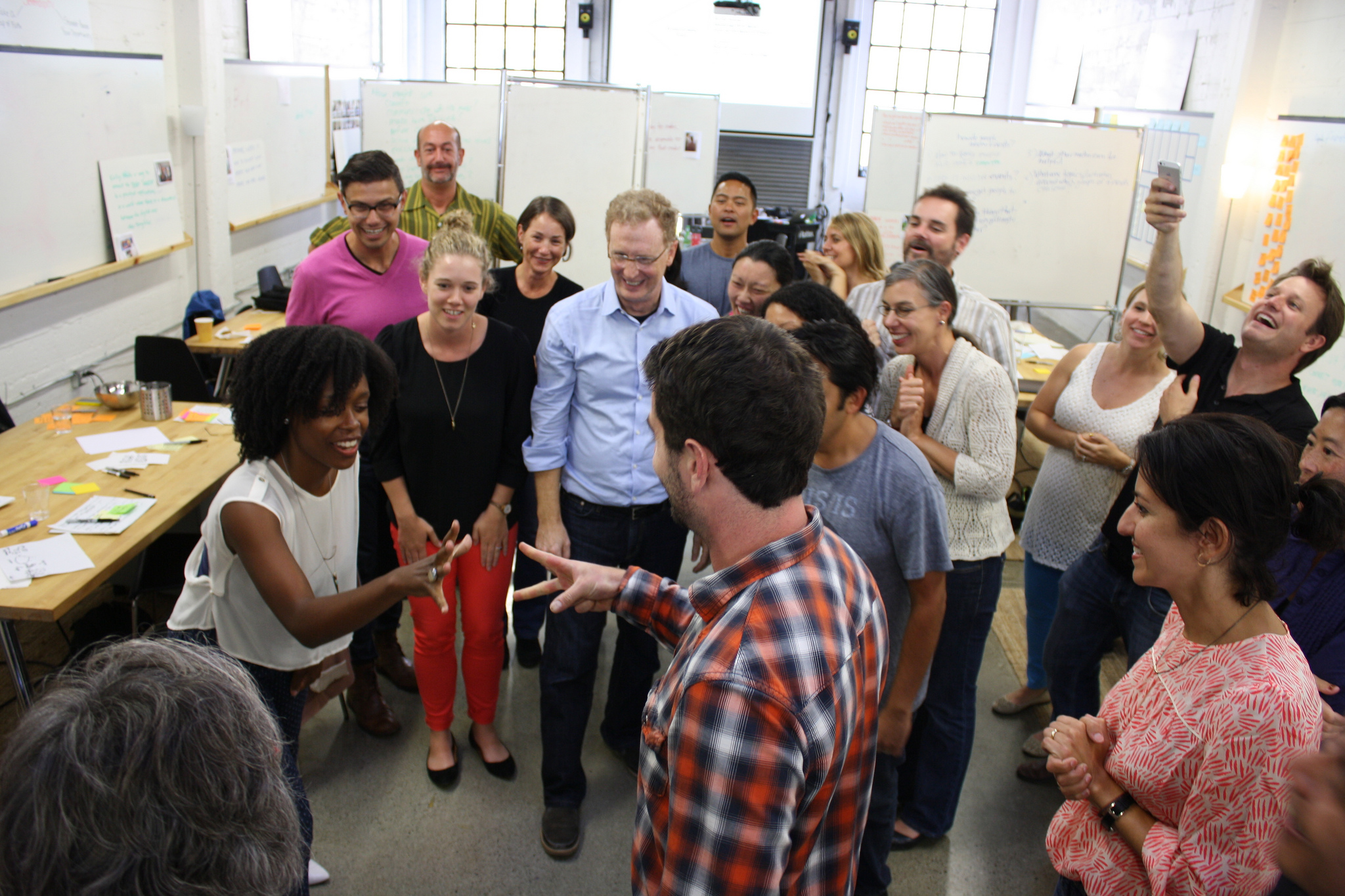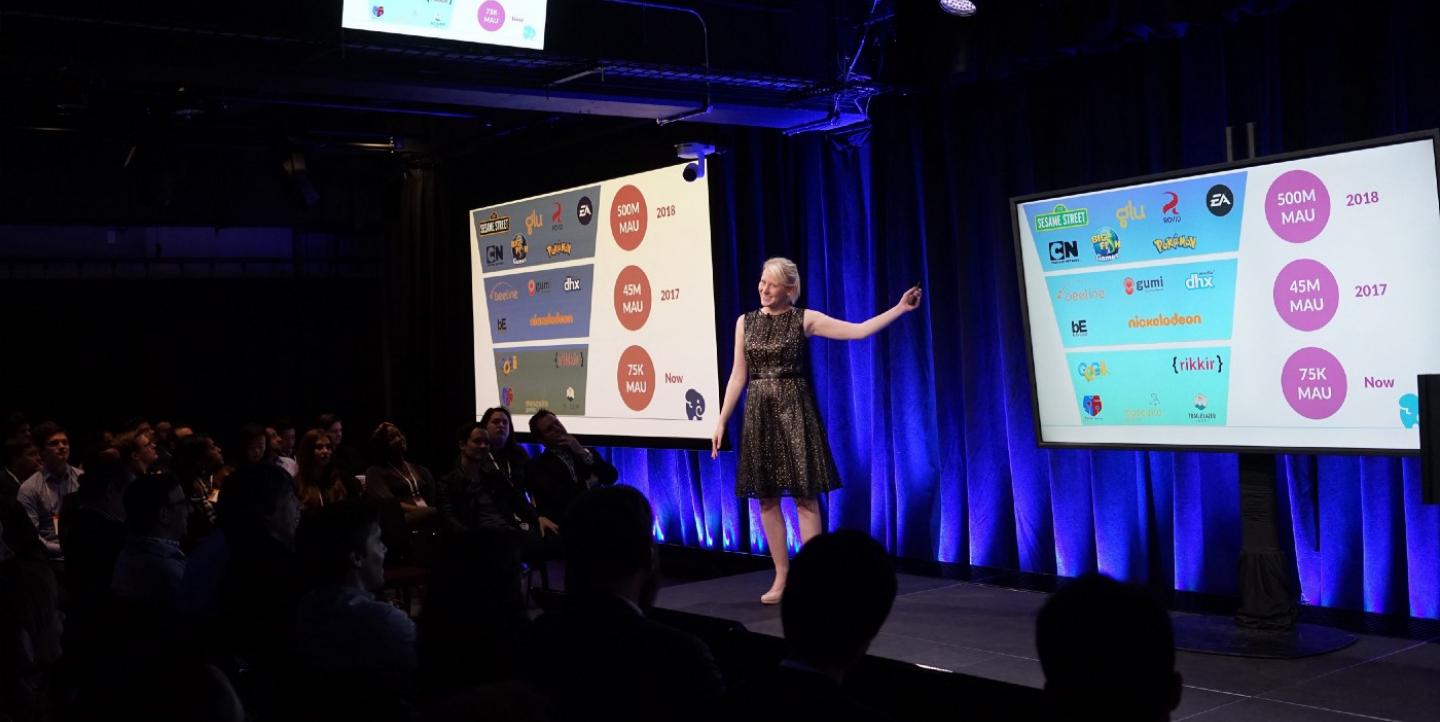Updated at 3:57 p.m. on October 4, 2017
In today’s media landscape, getting a startup to launch is often an all-or-nothing undertaking. A simple road bump can become a death knell in an instant. As a result, many of these startups never make it off the ground.
What if there was a better way to nurture new ventures that could change the way journalism is produced?
Enter Matter, a media accelerator that lets media entrepreneurs and innovators turn their ideas into reality without fear of failing. Matter’s program serves as an incubator for mission-driven, for-profit media ventures to experiment, hone their purpose and develop their product for the market.
Entering its fifth year and seventh cohort, Matter has helped launch companies like Hearken, News Deeply, Stringr and more through its startup accelerator. Its mission? To support the creation of new media startups around the world that can help strengthen societies, amplify diverse voices and rebuild public trust in the media.
“We are specifically looking for teams that are building ventures that help create a more informed, inclusive and empathetic society,” explained Ben Werdmuller, Matter’s director of investments. “It’s not just what you would consider to be traditional media; it’s also, for example, platforms that support under-heard voices or reach audiences that traditionally haven’t been catered to in media. It’s people using emerging technologies to create new kinds of storytelling. It’s people who are creating secure platforms so that journalists can talk to their sources more securely and vulnerable communities can be free from surveillance.”
Werdmuller, a 2014 Matter alum who co-founded the social learning tool Known, said such ventures are better-equipped to spearhead change than more legacy news media by their very design.
“I think what startups are able to do better is experiment,” he said. “Media institutions are less able to try different technologies or try different business models. New startups are able to just go in and create something new. Our partners are all media institutions, so that may be something that media institutions can then use and either learn from or make use of themselves. But startups have a lot more room to experiment.”
 Each team in Matter’s cohort receives US$125,000 in investment money to get their ideas off the ground. US$50,000 of this goes toward needfinding, prototyping solutions and building traction with audiences. The remaining US$75,000 covers accelerator services.
Each team in Matter’s cohort receives US$125,000 in investment money to get their ideas off the ground. US$50,000 of this goes toward needfinding, prototyping solutions and building traction with audiences. The remaining US$75,000 covers accelerator services.
Teams are based in San Francisco or New York, with opportunities to collaborate with fellow classmates at bootcamps, design reviews and demo days throughout the 20-week program. Each team also has access to an array of workshops, as well as weekly speakers and office hours that provide support and guidance. For this year’s cohort, teams will also get the opportunity to test their ideas with the general public.
Werdmuller said the accelerator’s driving principle, the idea of “failing fast,” is what sets it apart from similar programs. It’s the idea that failing can actually be a valuable learning experience for startups rather than something to be feared.
“We give them the tools to test something, make really rough prototypes, put them out there, test them with the right real people, input the data and be able to make decisions on that quickly, integrate and test again and so on,” Werdmuller said. “There’s nothing wrong with failure, and that’s one of the magical things about the San Francisco startup culture. It’s all about how you learn from it.”
Nor does a startup need to be a “unicorn” in order to be considered a success, he said.
During the application process, Matter looks for functional prototypes from people who are open to the idea of design thinking, according to Werdmuller.
“Think about what you’re building in terms of the real people who will use it and tell your story on those terms,” Werdmuller advised.
At a time when public trust in the media is at a historic low and democracy is under threat around the world, Werdmuller said Matter’s work — and that of the startups it fosters — is more crucial than ever.
“We are encountering lots of challenges this year in media and democracy — as those challenges continue, we want those companies to be there and to grow and to help create a more democratic world,” he said.
The deadline to apply for this year’s cohort is Friday October 27. To apply, click here — the application takes just 10 to 15 minutes to complete.

